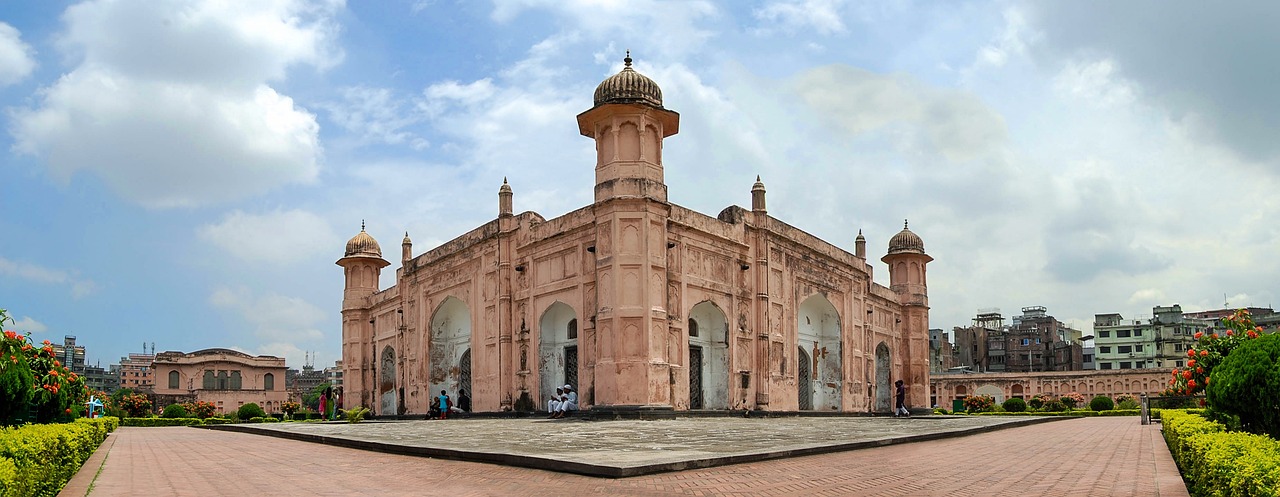Bangladesh’s Political Shift: The Role of Muhammad Yunus
In a startling turn of events, Prime Minister Sheikh Hasina of Bangladesh has resigned and fled the country, creating a power vacuum that has sparked significant political upheaval. The student groups, who were at the forefront of the popular uprising against her administration, have put forward a prominent figure to lead the interim government: Muhammad Yunus, a distinguished microfinance pioneer and Nobel Peace Prize laureate.
At 84 years old, Mr. Yunus is a household name in Bangladesh and is regarded as one of the nation’s most influential citizens. His long-standing relationship with Ms. Hasina has been marked by political rivalry, with many of her critics labeling him a potential threat to her leadership. Now, in this new political landscape, the student leaders are advocating for Mr. Yunus to assume a powerful role in the transitional government.
“We have made the decision to form an interim government with Nobel laureate Dr. Muhammad Yunus as the chief adviser,” announced Nahid Islam, a prominent student leader, on Tuesday morning. “We have engaged in discussions with Dr. Yunus, and he has graciously accepted this significant responsibility.”
However, the dynamics of this political shift remain uncertain. The extent of influence that the student groups will have on the new government structure and Mr. Yunus’s role within it is yet to be determined. The powerful military and various political factions in Bangladesh are expected to play critical roles in shaping the interim government’s composition.
A Closer Look at Muhammad Yunus
He received the Nobel Prize as a trailblazer in microfinance.
Born in 1940 in the bustling city of Chittagong, Muhammad Yunus embarked on an academic journey that would eventually lead him to the United States on a Fulbright Scholarship in the 1960s. There, he earned a Ph.D. in economics from Vanderbilt University. After returning to Bangladesh in the early 1970s, Mr. Yunus launched an innovative project aimed at providing small loans to impoverished individuals, which eventually culminated in the establishment of Grameen Bank in 1983.
Throughout the following decade, Grameen Bank experienced steady growth and garnered widespread acclaim for its success, particularly in extending financial services to women. This pioneering approach to microfinance not only transformed the lives of countless individuals in Bangladesh but also inspired similar initiatives across the globe, earning Mr. Yunus recognition and praise from leaders worldwide.

















